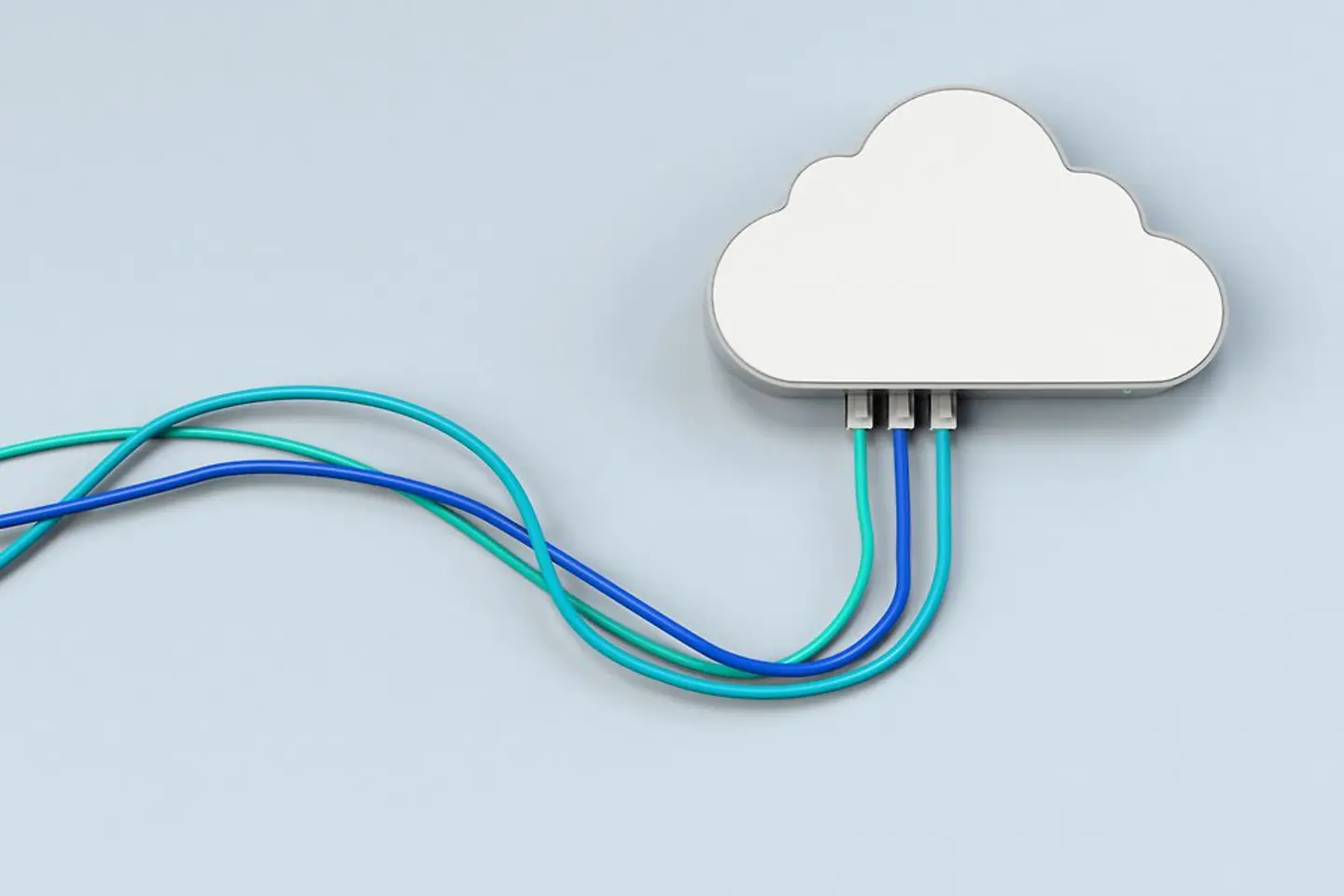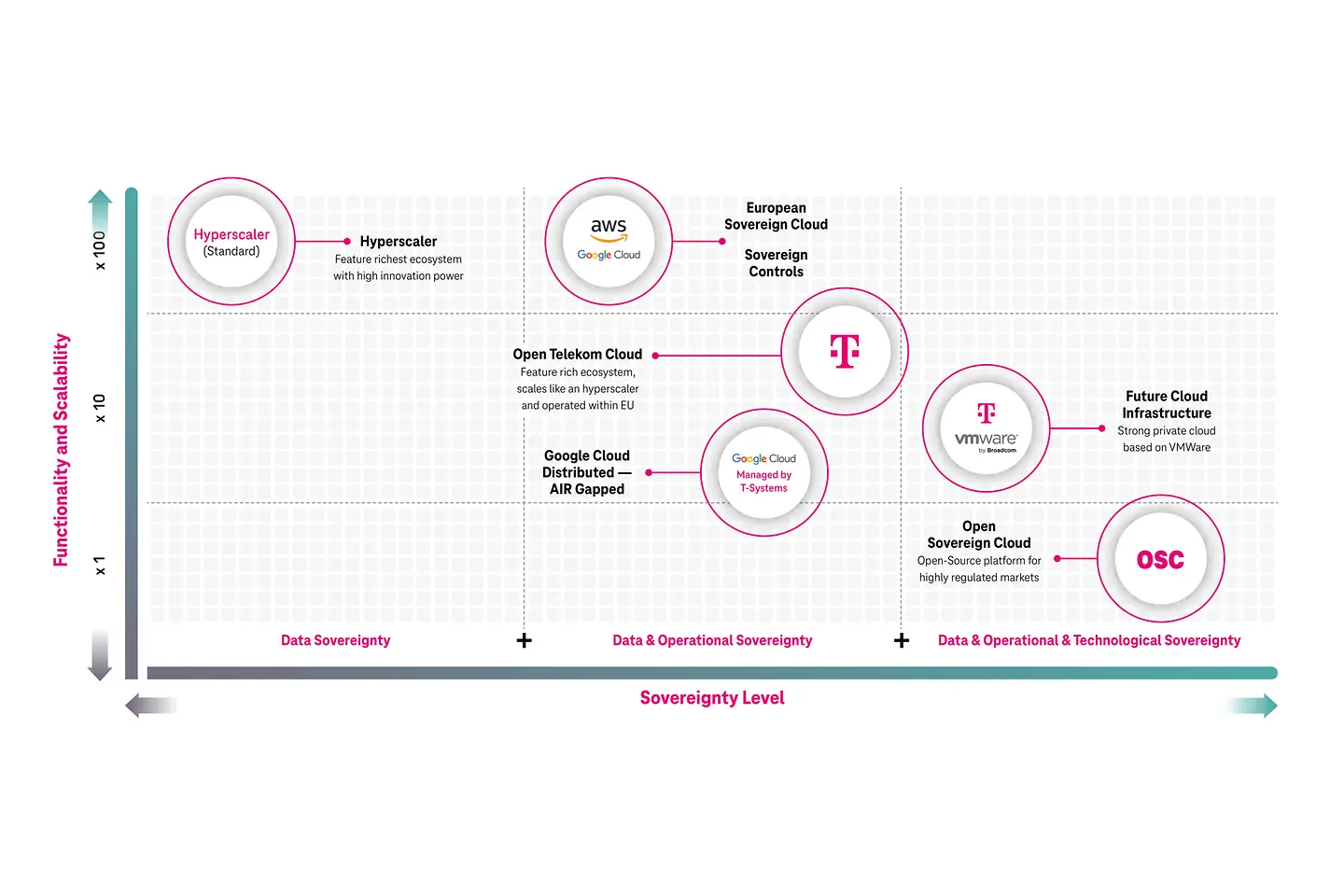
Businesses must balance cloud flexibility with strict rules such as the General Data Protection Regulation (GDPR) in Europe. A sovereign cloud ensures data control, residency, and compliance. It drives secure transformation and innovation while preventing breaches and ensuring operational agility with regulatory peace of mind. It empowers businesses to adopt cloud technologies confidently.
In the growing cloud market, T-Systems is the only provider offering the full spectrum of multi- and hybrid-cloud solutions, as well as multiple sovereign cloud solutions – ranging from fully independent sovereign clouds to scenarios developed jointly with hyperscalers. With experience of over 20 years in cloud and 15 years in pioneering sovereign solutions, T-Systems helps companies meet regulatory compliance and drive digital transformation. As a German entity rooted in European values, it ensures data independence and security, empowering organizations to balance innovation and control.
As sovereignty increases, organizations often face a trade-off between functionality and security. Higher sovereignty demands extra technological investments, complicating cloud adoption. T-Systems tackles this challenge with a balanced portfolio that integrates security, compliance, and functionality, tailoring options to every need.

T-Systems’ sovereign cloud solutions are built on three essential levels of sovereignty:
T-Systems addresses the challenge of balancing functionality and scalability with security and sovereignty by offering a comprehensive portfolio of sovereign solutions tailored to all these levels of sovereignty.